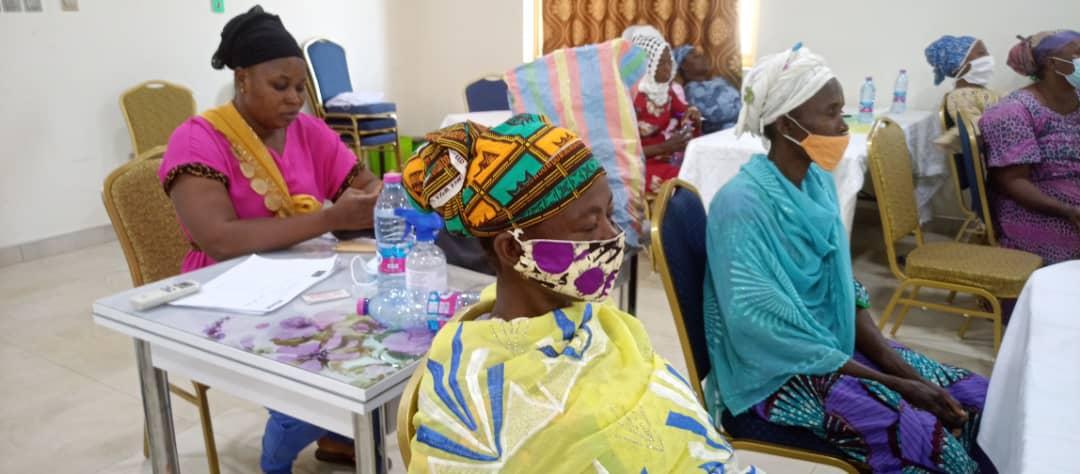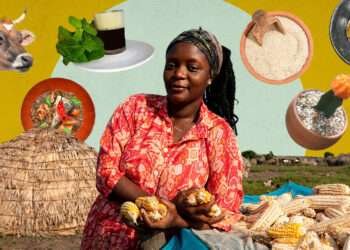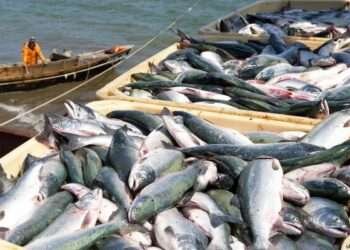ActionAid Ghana has organized a three-day zonal-based sensitization on agricultural extension services. This training benefitted over 60 female agricultural extension volunteers in the Sissala East and Wa East Districts. The training occurred simultaneously in Tumu and Bugubelle in the Upper West Area for selected women farmers.
In her welcome address, Madam Felicia Juabie Munkaila explained the need for training women farmers as extension volunteers. She said that women do not have fair access to extension services as their male counterparts. This is due to the patriarchal nature of communities in Northern Ghana which favors men over women. Also, she noted that agricultural extension officers often give more preference to large males in advantaged socio-cultural positions than women.
According to her, the average ratio of agricultural extension agent to farmers in Ghana is 1:1,850. This is far below the Food and Agriculture Organization’s (FAO) recommended ratio of 1:500.
Furthermore, she noted that women farmers account for more than 70% of total food production in Ghana. Thus, necessitating their training as extension volunteers, which the Ministry of Food and Agriculture facilitates, she added. Madam Felicia Juabie Munkaila is the Project Officer of the Northern Ghana Integrated Development Project (NGIDP).
The training
The three-day training happened simultaneously in Tumu and Bugubelle in the Upper West.
Resource persons from the Ministry of Agriculture took the women through the proper use of agrochemicals such as weedicide, fertilizers, fungicides and pesticides on their farms.
In Tumu, a Municipal Management Information System Officer, Mr Malik Tingbani and a Plant Protection Officer, Mr Haruna Dasmana were the resource persons. In Bugubelle, where the other training took place, a Municipal Agric Extension Officer, Mr Haruna Suara, and an Agric Extension Agent, Mr Eric Adongo, took the participants through the training session.
They took participants on the topics which included basic husbandry practices, extension education, climate resilience agriculture, agronomy of cereals, legumes and vegetables. The rest of the topics hinged on Post-harvest management, the role of extension services in climate and its impact on agriculture, record-keeping, safe handling of agrochemicals and the importance of supplementary feeding in livestock.
About the Northern Ghana Integrated Development Project
The project officer said the project is a four-year project (2019-2023) funded by the European Union. ActionAid Ghana is the lead consortium with Tree Aid Ghana and Urbanet as partners.
According to her, the objective of the project is to contribute to rural poverty reduction in Ghana through promoting environmentally sustainable agricultural practices. Thus, contributing to the green economy, creating opportunities for income generation within the agricultural value chain. Furthermore, the project seeks to enhance access to social protection services.
Read also: ISSER Boss expects BOG to maintain the policy rate





















